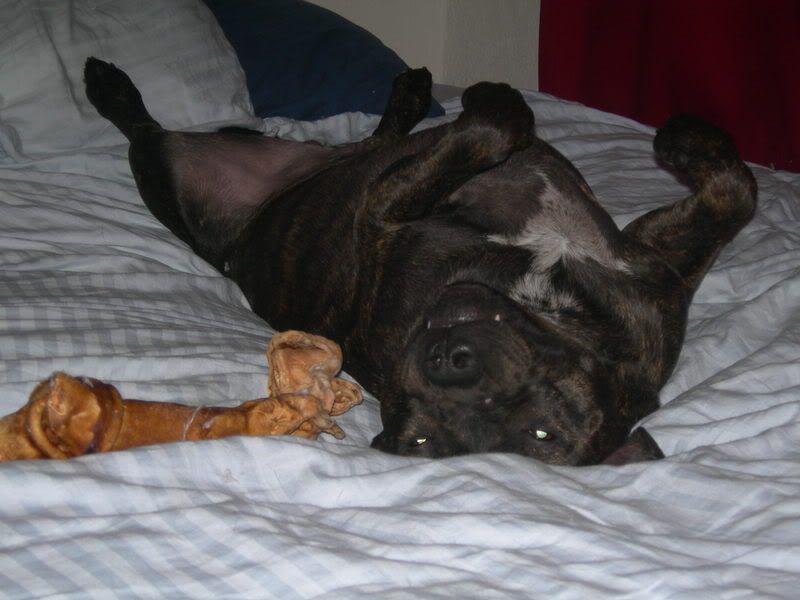Oh no...
Im genuinely crying over this.
Cedric the Tasmanian Devil died.
Here is the obvious reason for why I loved Cedric:


But I loved Cedric for scientific reasons too. I thought he was going to help us save Tasmanian Devils from extinction.
Dr. Alex Kreiss is the cute boy in that pic.
Dr Kreiss says it was a difficult day."We would see and do something with Cedric every week so it was a very sad day and not just for me but for the keepers that looked after him since he was born, for the other vets that worked with him and that did health checks with him. So it was very sad."
University of Tasmania vet, Barrie Wells, has told The World Today that Cedric had stopped eating and looked unwell.
"In the early days, he gave a lot of hope that there would be the possibility of a vaccine," he said.
"It didn't turn out to be. He has contributed tremendously to our understanding of the possibility of vaccination which we still think is quite a possibility."
This is what I want with animal research. Scientists and technicians who love and respect the animals they are working with, and animals that never die in vain.
Thank you, Cedric. I hope we can figure something out for your species.

Wow. The comments on the article about his death. Wow.
what a cutie!
now i want one.
Our attitudes about tazzies has gone a complete 180 in the last few years. Once Cedric's species was the devil incarnate, now they're cutie-pies. Guess framing does make a difference.
Sarcophilus soon to follow Thylacinus into oblivion. What other species do we lose next? Can our own species be far behind?
And can the sky falling be far behind that?
Yeah, that was in Book 4. The series has been done for a while now.
[/nerd]
Hi Abbie
I just went back and read the article on MHC-1 and Tasmanian Devils. If lack of MHC-1 diversity is a major reason in the spread of this cancer, then why do humans and other MHC-1 diverse beings get cancer?
Sorry if this question is stupid, I'm a complete layman in terms of biology.
@Kat
I'm a complete layman on this, too. But AFIK the answer to your question is: "Cancer" is a term that encompasses a vast range of conditions that result in some form of uncontrolled cellular division.
Kat: not all cancers occur by the same means (cancer is just a name for uncontrolled cell proliferation of any kind). Our bodies have multiple ways of stopping cancer (or causing it) - normal mechanisms of making lots of cells (eg in response to wound healing, or for growth) get up-regulated and go a bit haywire; genes that spot mistakes in the DNA get knocked out for some reason, so your body goes round making faulty DNA which can lead to cancer; cancer cells can find ways to hide that they're cancer cells from your body's defences...
Kat: This cancer works kind of like a tissue graft, spreading from animal to animal, and it helps that the devils are genetically very similar. Normally cancers aren't contagious, and each human or animal develops a "new" cancer (although sometimes it's helped along by a contagious virus).
Human cervical cancer is similar, and that's how there can be a vaccine for it. Not yet for the tassies' cancer, alas.
Human cervical cancer is similar, and that's how there can be a vaccine for it.
Human cervical cancer is the kind that's (usually) caused by a virus, the vaccine is for the virus, not the cancer. It would be much more difficult to develop a vaccine against an infectious cell line.
There's a directly sexually transmitted clonal cancer in dogs that's more similar to the devil cancer.
http://en.wikipedia.org/wiki/Canine_transmissible_venereal_tumor